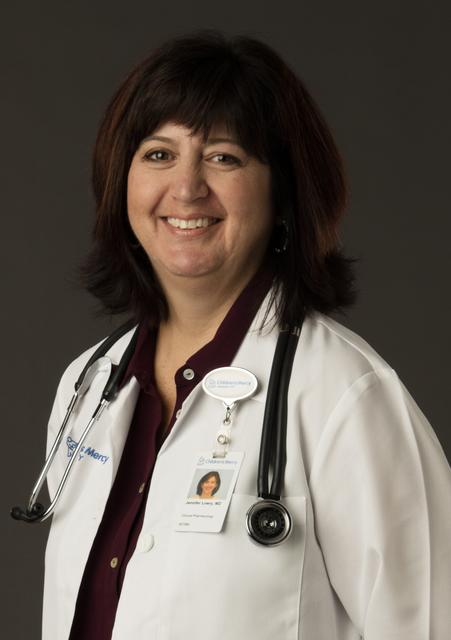AAP Lead Testing Webinar Series
This event is part of a four webinars series developed as part of the American Academy of Pediatrics (AAP) project, Increasing Capacity for Blood Lead Testing and Interpretive Guidance for Blood Lead Results. The four webinars will focus on various aspect of lead testing, screening and referral, using AAP and PEHSU pediatric lead exposure experts, to educate health professionals and increase capacity relevant to lead testing.
Understanding CDC's Blood Lead Reference Value: Laboratory Best Practices & How to Interpret Results - February 20, 2019 - 1:00 pm ET
In 2012, the Centers for Disease Control and Prevention (CDC) recognized that there is no safe lead level. Rather than continuing to use a “level of concern” of 10 mcg/dL, the CDC revised language to recommend public health action to a reference level based on the 97.5 percentile of the population blood lead levels in children ages 1-5 years. This is currently at 5 mcg/dL. This change in terminology has led to confusion as to when pediatricians and public health officials should be concerned and take action when a child has an elevated blood lead level. This has also raised concerns about the accuracy of laboratory reporting levels within the variability of the instrument. This webinar will provide information on the reference level, the laboratory methods by which testing is performed and how to interpret the results.
Learning Objectives
- Understand what the reference level means to the actions taken in children with elevated blood lead levels
- Describe laboratory tests used to evaluate blood lead levels
- Discuss limitations of various methods of blood lead testing and how it impacts decision making in pediatric practices
Presenter: Jennifer A. Lowry, MD









